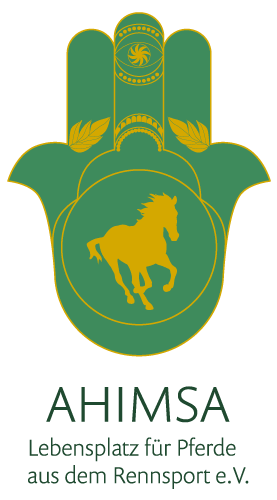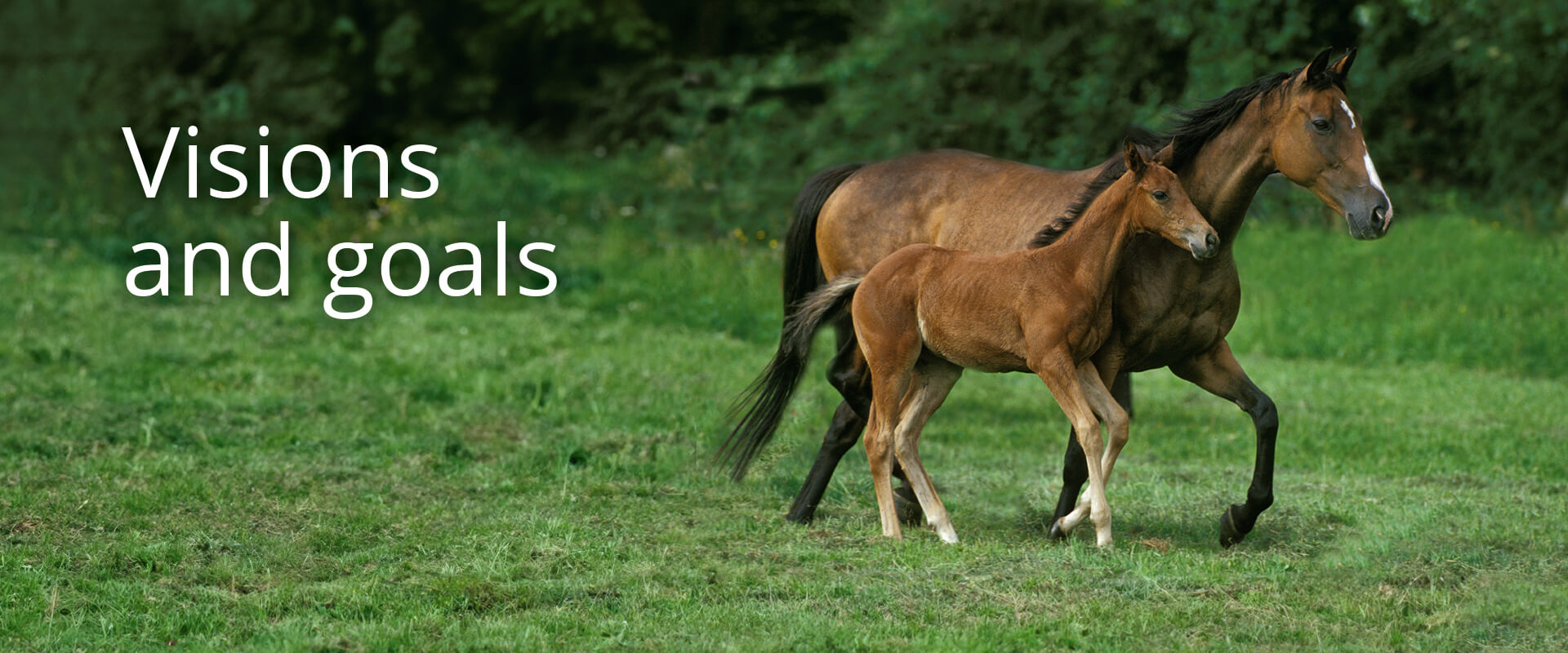
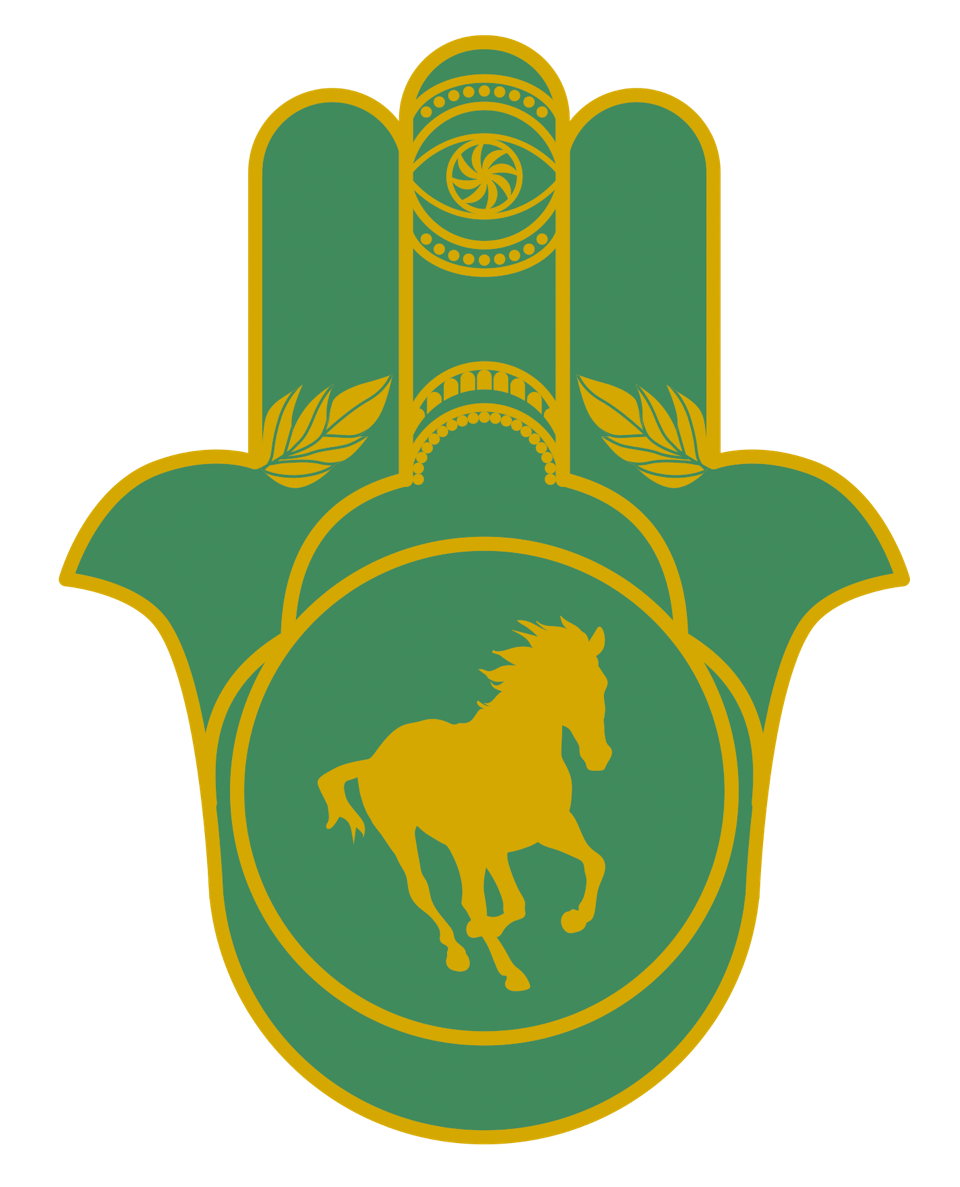
“Ahimsa” (Sanskrit) means “non-violence”, “mindfulness” towards all living beings and explicitly includes animals.
When you think “horse”, you think “riding”.
We question this automatism. We are not against equestrian sports – provided the horse is healthy and feels comfortable during activities with humans. The fact is, however, that no horse in this world has sleepless nights from grief if it is not ridden.
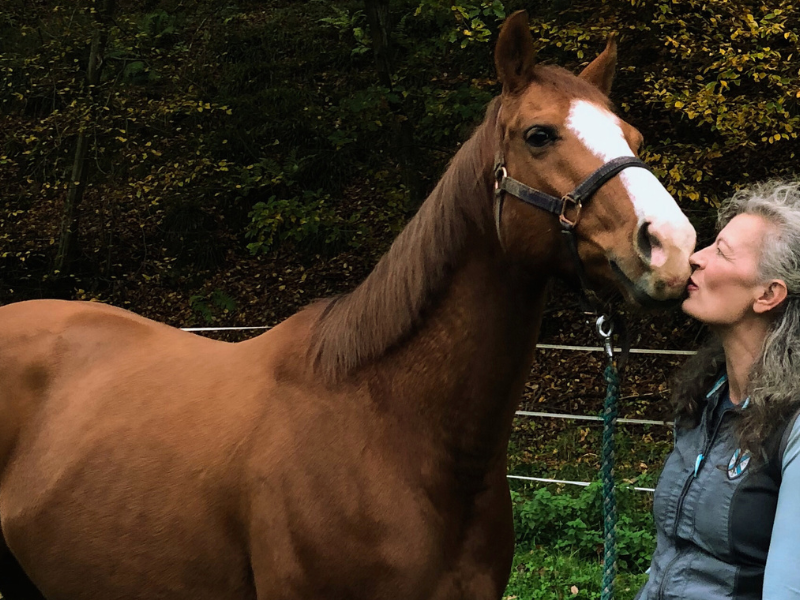
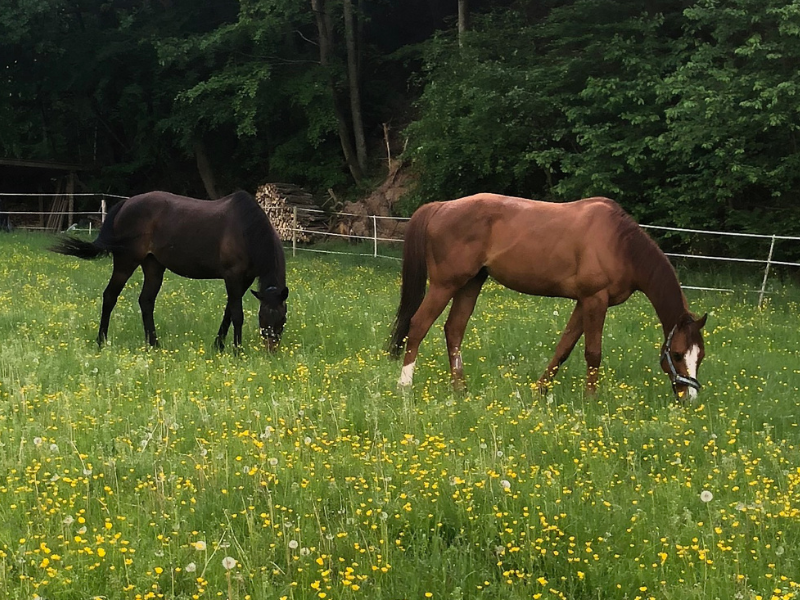
Horses have no obligation to deliver
Horses have no obligation towards humans to be provided with everything they need, because since they have been removed from their natural habitat and brought into the human world, they are no longer able to do so themselves. They are dependent on us and meeting their needs as far as possible is the least we can do for them.
Unconditional acceptance
In active equestrian sport, the animals receive maximum attention, but this is linked to an expectation of maximum power and performance. If the horse can no longer meet this expectation, the cost-benefit question arises, it is often sidelined and interest and care diminish. If the costs for vets and medication then pile up, the value of the horse’s life is decided.
We contrast this ambivalent, purpose-oriented care with our principle of “unconditional acceptance”. We take in horses that no longer meet the demands of the sport because they are sick, injured, worn out or “difficult to handle”. They receive our full attention and care. They are given a forever home with us, where they are comfortable. We do not expect anything “in return” from the horse, we are happy about its existence.
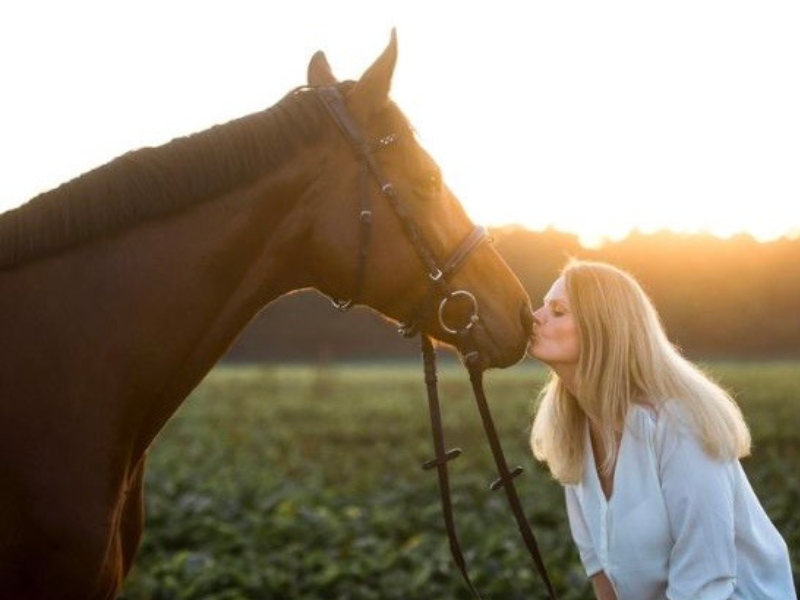
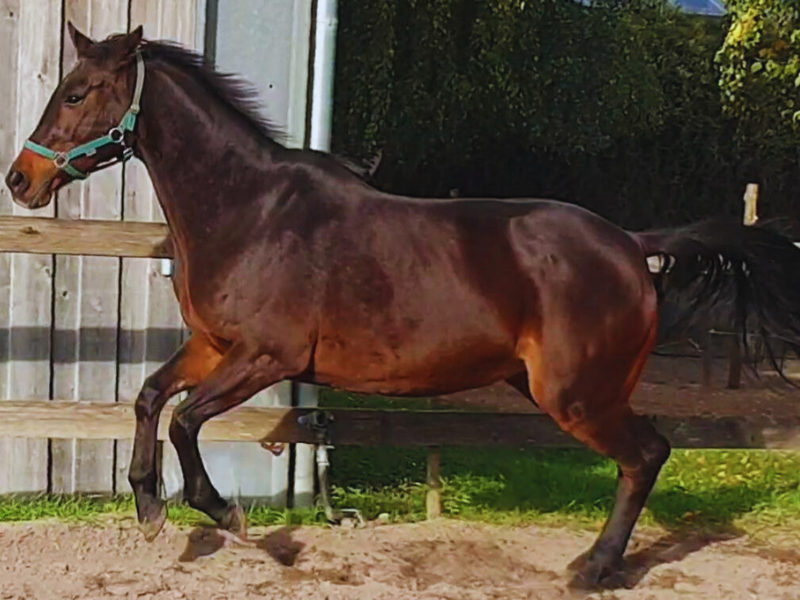
Complete restoration of health
Paradoxically, it is precisely the absence of any expectations, the freedom from training plans and targets that leads to astonishing developments in horses. In a species-appropriate environment, free from pressure to perform and with the best possible medical care, we are able to restore horses to full health in most cases.
Even with behavioral problems, we achieve a high degree of mutual connection through patience and calm clarity. A horse that experiences contact with humans in this way will gladly join them, creating a deep bond of mutual trust.
A different view of the horse
We promote a different view of the horse. A view free of economic benefit and without the pursuit of ambitious human goals that downgrade the horse to a vicarious agent. Those who support Ahimsa not only help sick racehorses in need, they also advocate species-appropriate interaction between humans and animals based on the needs of the horse.
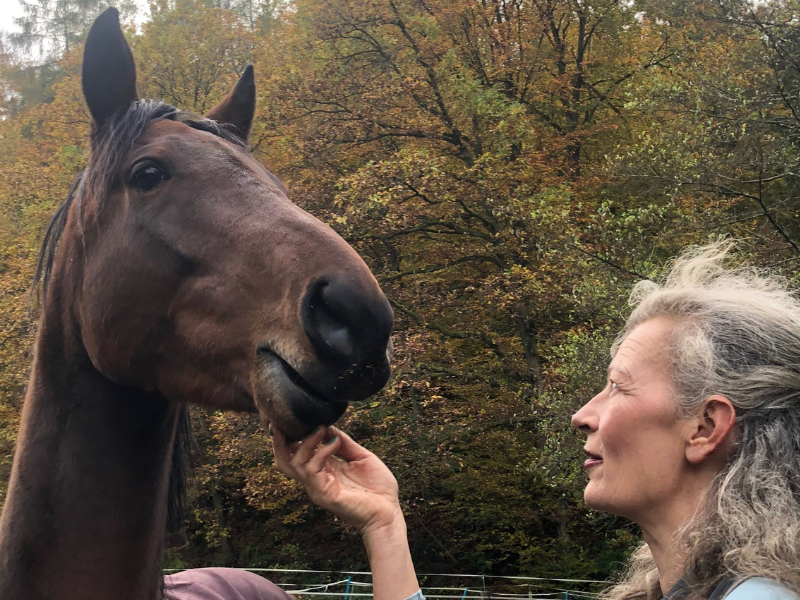
Every racehorse deserves a species-appropriate, healthy and fulfilling life. Our care should not end where the horse, sick and exhausted, can no longer meet human performance requirements.
